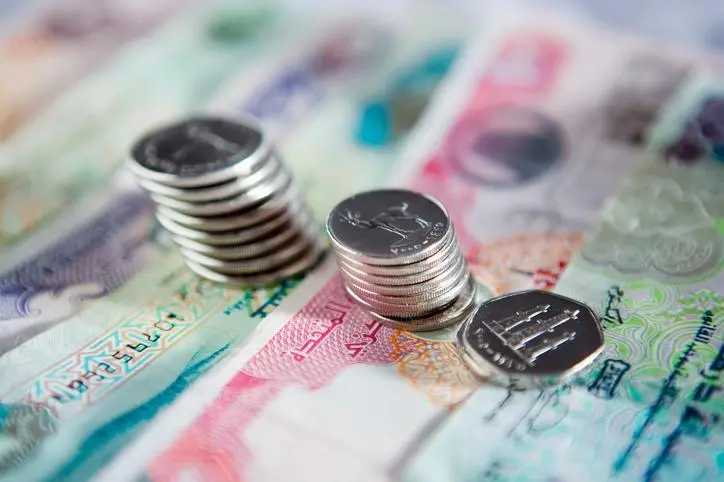PHOTO
The UAE is one of the largest US dollar debt issuers in emerging markets, and its debt capital market (DCM) outstanding is expected to surpass $300 billion between H2 2024 and 2025, according to Fitch Ratings.
The UAE’s dollar debt issuance share stood at 8.9% of the total in H1 2024, just behind Saudi Arabia (17.4%) and Brazil (9.4%).
DCM outstanding rose by 11.8% year-on-year (YoY) to $281 billion at end-H1 2024.
"The DCM structural reforms, the implementation of the Dirham Monetary Framework and resilient investor appetite have led to significant growth over the past five years,” said Bashar Al Natoor, Global Head of Islamic Finance at Fitch Ratings.
However, the dirham market remains nascent, he said, adding that the investor base is highly concentrated in banks and most corporates prefer bank financing over bonds or sukuk.
In H1 2024, sukuk issuance in all currencies jumped by 9.8% YoY, outpacing bond issuance, which fell by 44.3%.
Fitch rates $26.5 billion of UAE sukuk and 94.3% of which are investment-grade.
Following the COP28 in 2023, ESG debt issuance in H1 2024 slowed by 35% YoY to $3.3 billion, with the majority (67.5%) being in sukuk format.
The rating agency expects the UAE government’s consolidated debt to be 24% of GDP at the end of 2024. Individual emirates have varied debt profiles, with Sharjah having a higher debt burden.
Dubai repaid AED29 billion in market and private debt last year, Fitch stated.
It expects budget surpluses in Abu Dhabi and Dubai, but deficits in Ras Al Khaimah and Sharjah.
(Editing by Brinda Darasha; brinda.darasha@lseg.com)




















